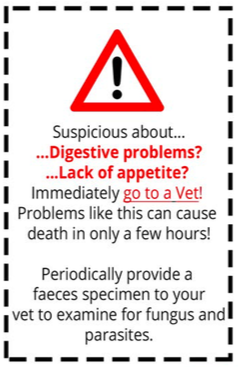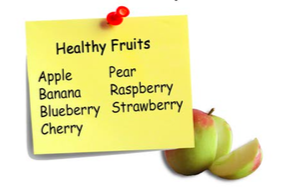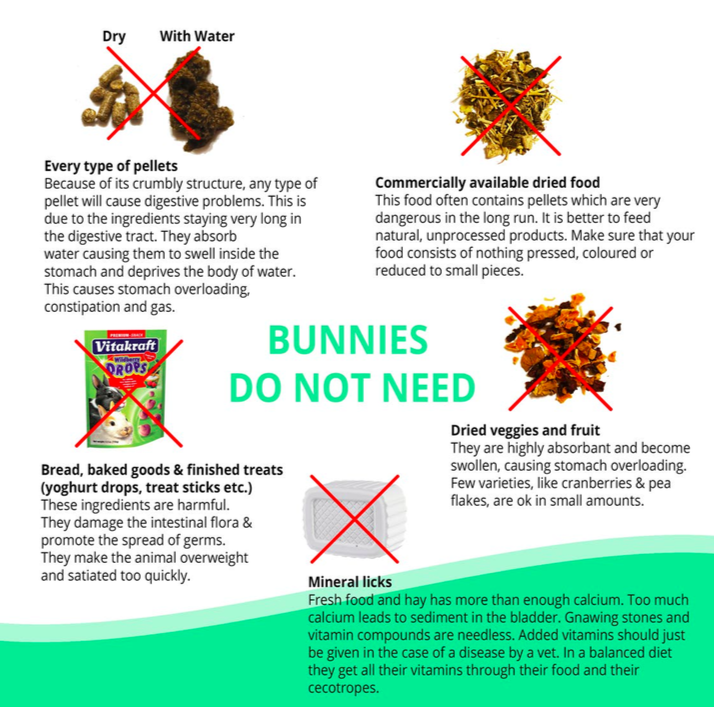Nutrition Basics
Important to know!
Slowly introduce unfamiliar plants or amounts into the diet to prevent digestive problems.
This is especially for animals who, up to this point, have been given fresh food in rations. This is because they tend to eat too fast and in too large an amount. Usually the migration works with many small portions given separately over the course of the day. Over time you should slowly increase the volume of each portion.
Grass, Leaves & Herbs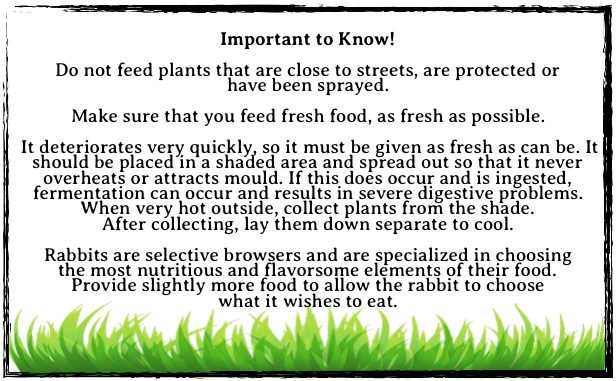
Rabbits are leaf eaters, they eat up to 80 little, fresh meals daily. This is important to ensure that their ever-growing teeth get the optimum amount of abrasion.
By continuously eating fresh leaves, the food does not stay for too long in their sensitive digestive tract. This prevents indigestion and the spreading of pathogens. Therefore they are reliant on always having proper food.
A diverse mix consisting of fresh grasses, wild herbs and leaves from trees and bushes is the best and most natural food for rabbits. This nourishes the rabbit and prevents sickness.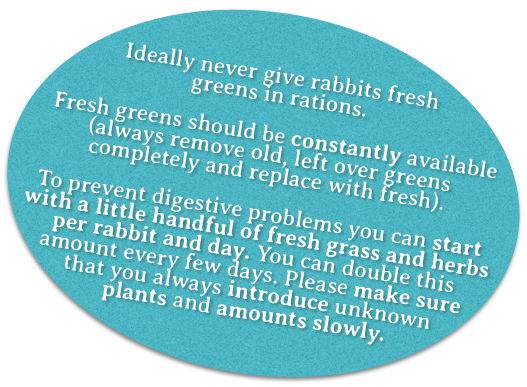
A good plant mix consists 50% from grasses. The other 50% consists of varied, well tolerated herbs and leaves. Some examples of these are: dandelion, lucerne, clover, yarrow & plantain. Ensure that you feed a variety of plants and not just a single type in a large amount.
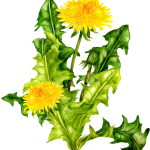 If the rabbit is new to foraged foods, start slowly introducing first with easy to digest foraged foods such as dandelions. Every part of the plant is safe for rabbits and they absolutely love it.
If the rabbit is new to foraged foods, start slowly introducing first with easy to digest foraged foods such as dandelions. Every part of the plant is safe for rabbits and they absolutely love it.
Hay
Must be available 24/7. Identify quality hay by:
- Smell – similar to fresh herbs
- Not dusty
- Made from long blades of grass
- Packed airily
It is an important raw fiber sourced and it is good for dental abrasion.
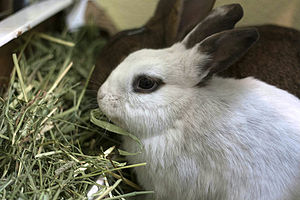
Water
- Provide fresh water daily.
- Provide solid, heavy water bowls with sufficient fresh water.
Do not use water feeder bottles because the animals are unable to quench their thirst. They are also very difficult to clean properly. If enough space is provided, the water bowl will not become contaminated by feces, urine and/or dirt.
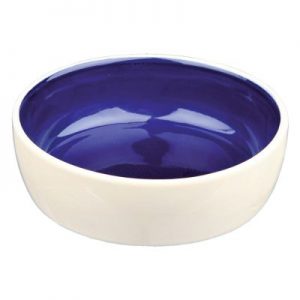
Vegetables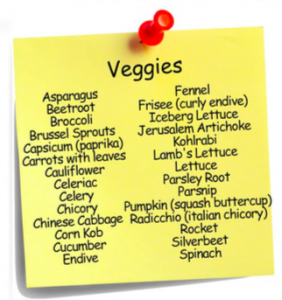
If there are not enough fresh, wild plants available, then you should give fresh mixed herbs and vegetables. Leafed food should be the main food. The green of vegetables is better than the bulbs/roots. If the rabbit is new to vegetables, start slowly introducing first with easy to digest vegetables such as carrots and fennel.
Caution!
Be aware that some vegetables/salads can lead to dangerous bloating when fed if rabbit is given a pellet based diet and/or is used to a pellet based diet. Ensure before feeding, read the advice in our Food Encyclopedia, if unsure, do not feed.
Healthy Supplements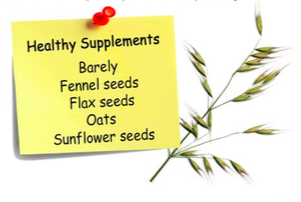
As a healthy supplement, and especially to build up weak animals, you can give grain (to feed as close to what is natural as possible, feed the whole panicle of the grain) and other seeds.
They supply important amino acids and essential fatty acids. You should feed them sparingly as they are calorie dense. As a benchmark, give no more than one table spoon per animal, per day.
Healthy Treats
Fresh fruits are suitable as a healthy treat.
Vitamin D
Is essential for the regulation of calcium and phosphor metabolism. For example, a deficiency of vitamin D leads to abscess in the jaw, caused by too little calcium being stored in jaw-bone tissue. With the help of unfiltered sunlight, rabbits can produce vitamin D through UV-Beta radiation. UV-Beta radiation does not penetrate windows. Therefore rabbits must be exposed to unfiltered sunlight (garden, balcony or open roof window. Do not give supplemental vitamin D compounds as this has devastating ramifications when overdosed.
Branches
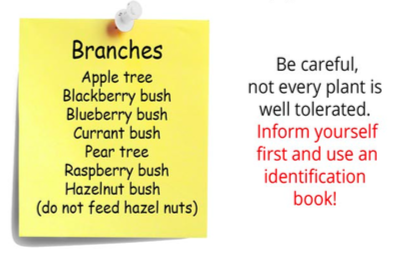
Every rabbit has lots of fun gnawing and nibbling on branches. It is very healthy and helps maintain good intestinal health. You can feed them branches, with and without leaves daily and year round. Ensure that the branches have not been sprayed. These plants can mainly be found in Europe. There may be other varieties available in your region.
Dried Food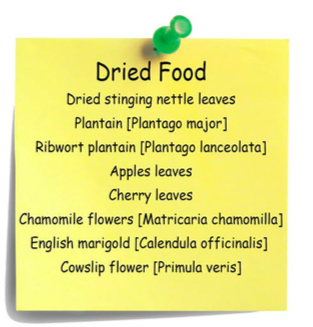
You should always try to give fresh food and not the dried variety. Excess dried food can cause an array of different diseases. As an example, it can foster hypercalciuria (bladder sludge) and digestive problems.


